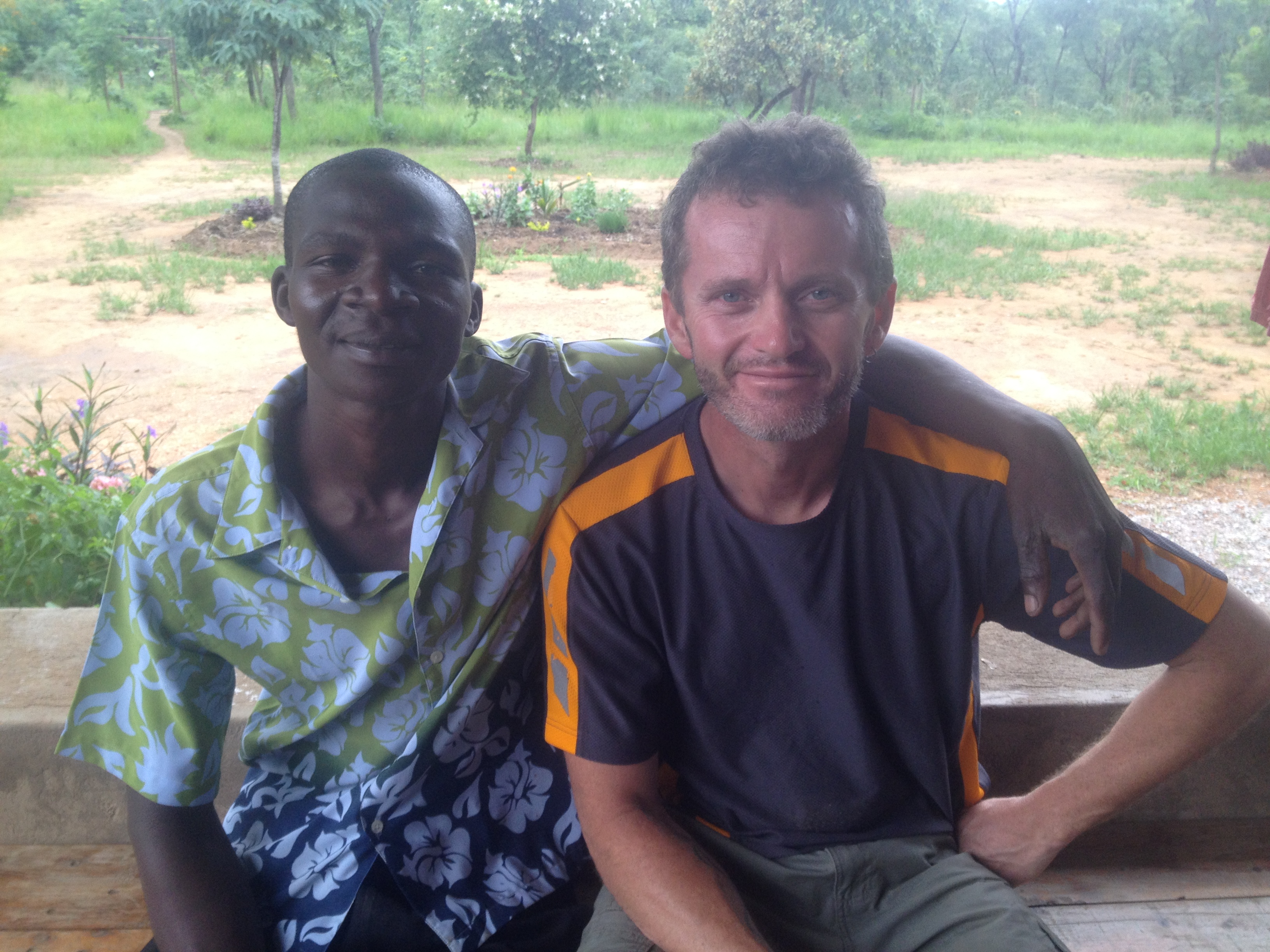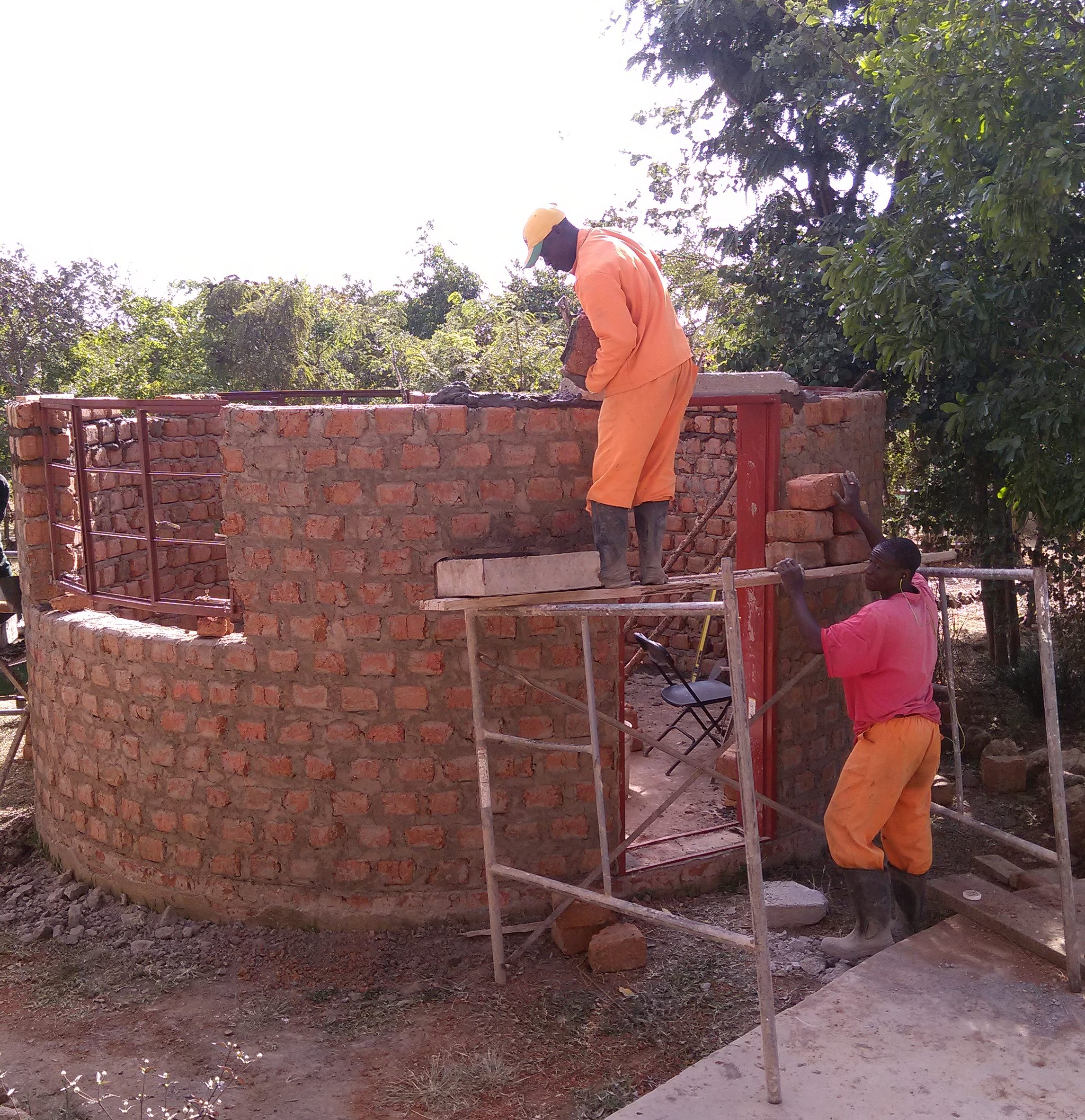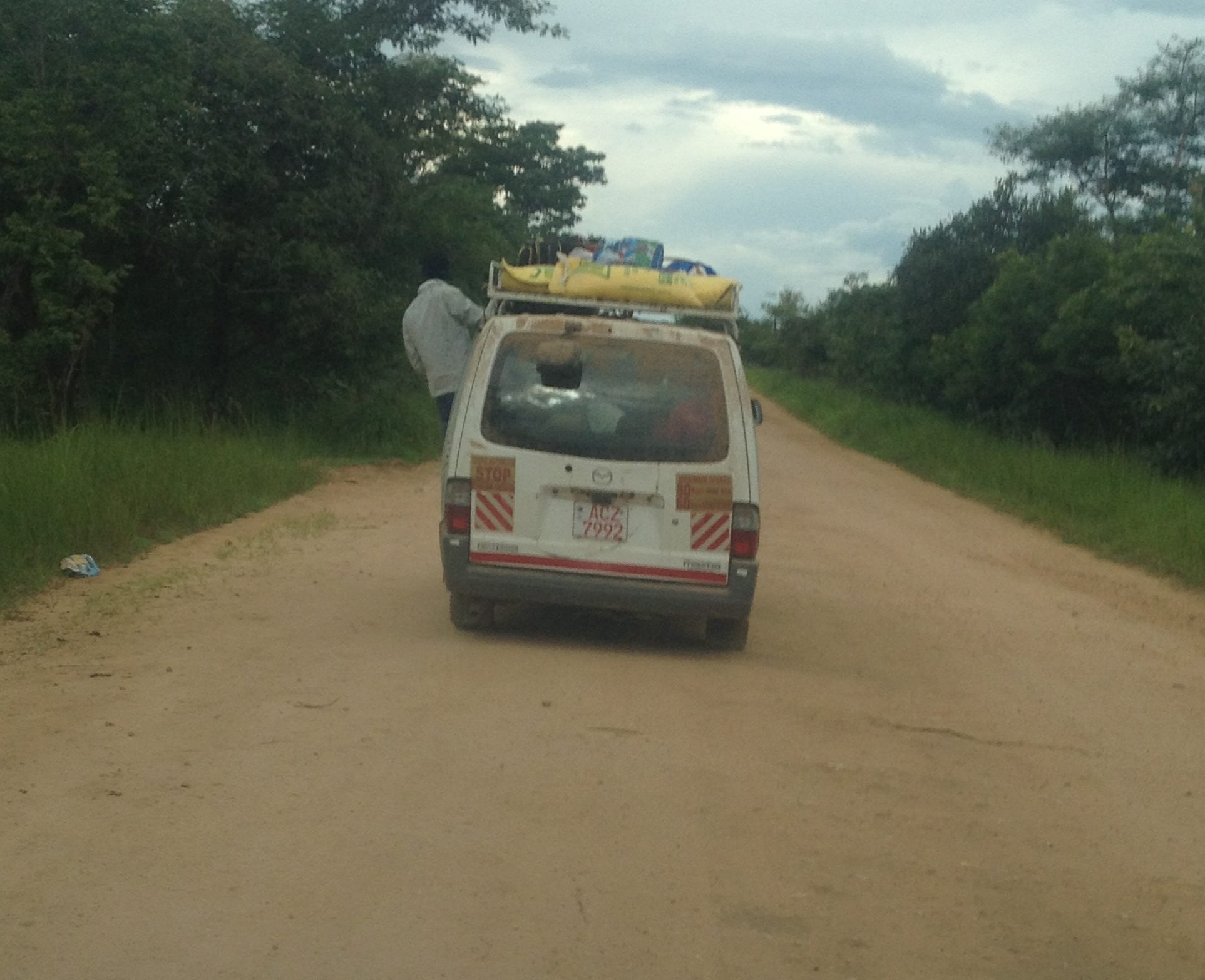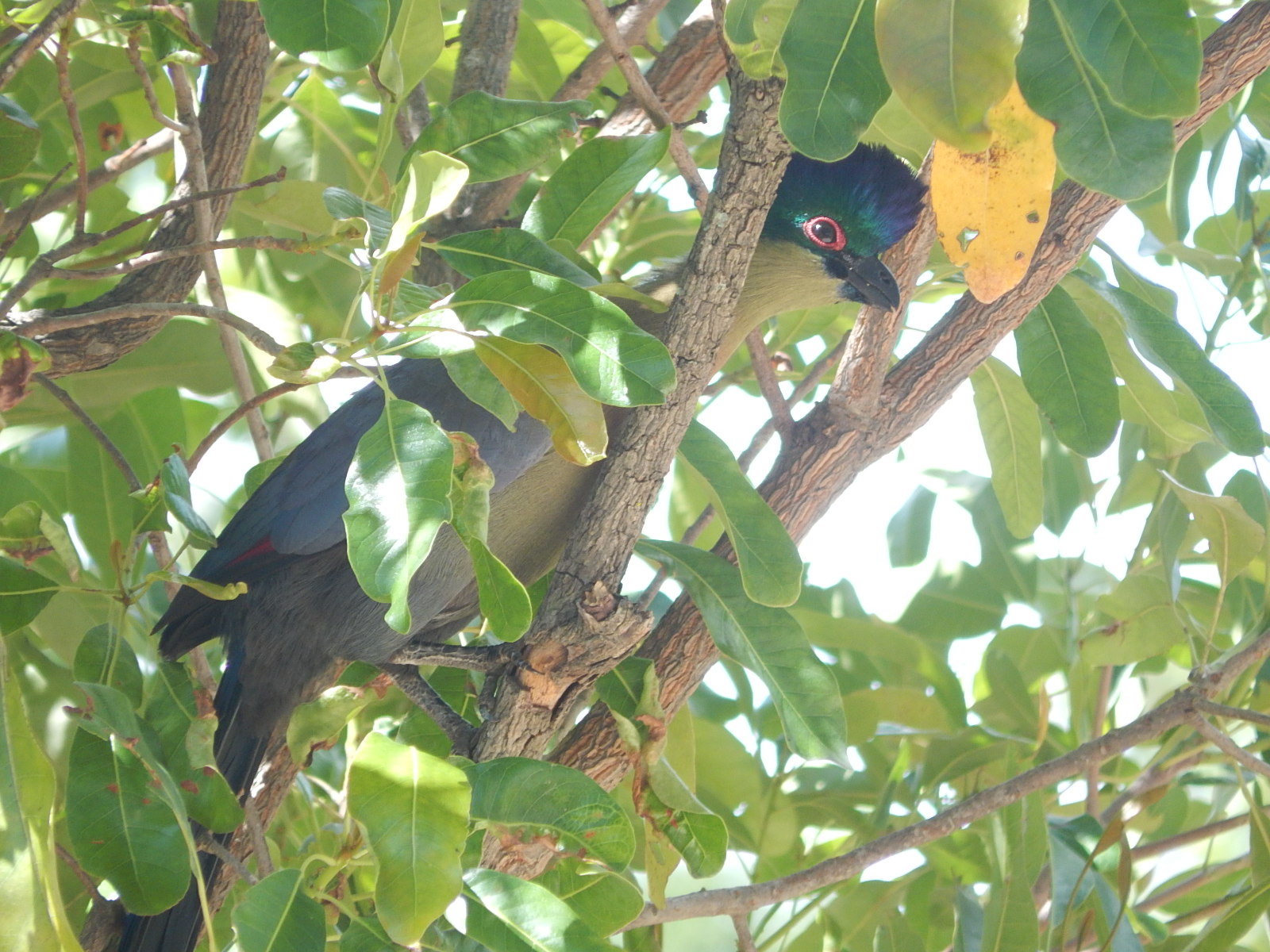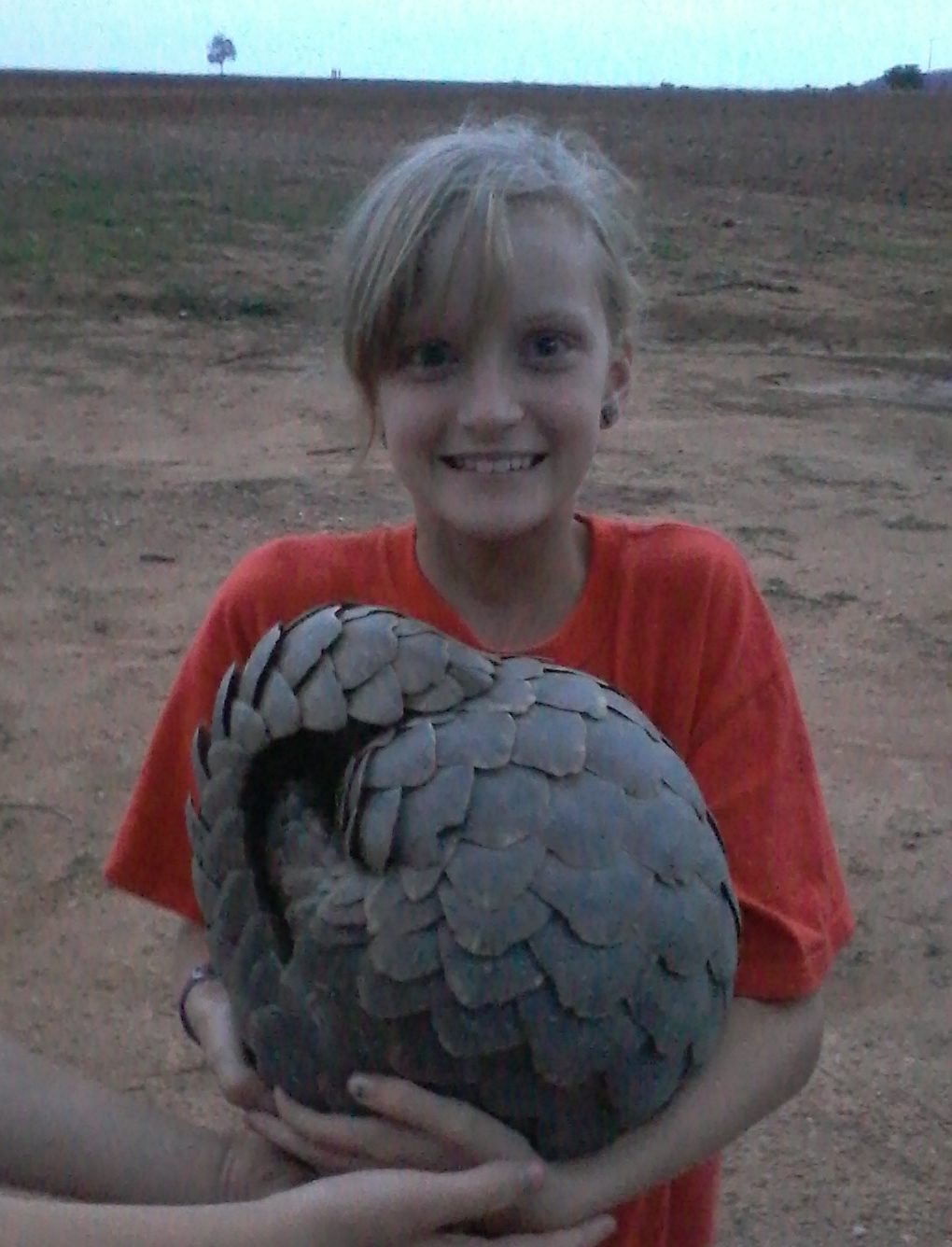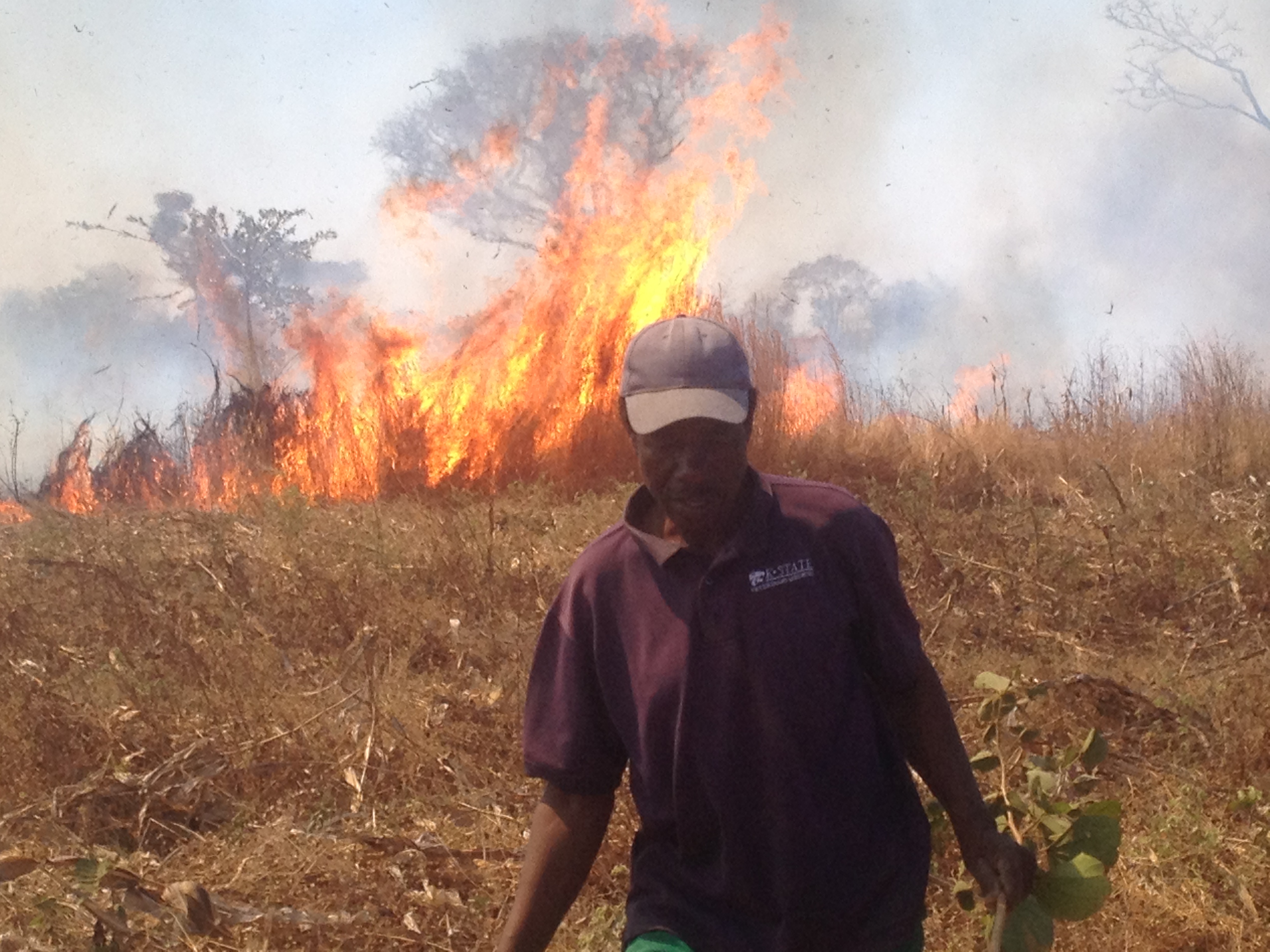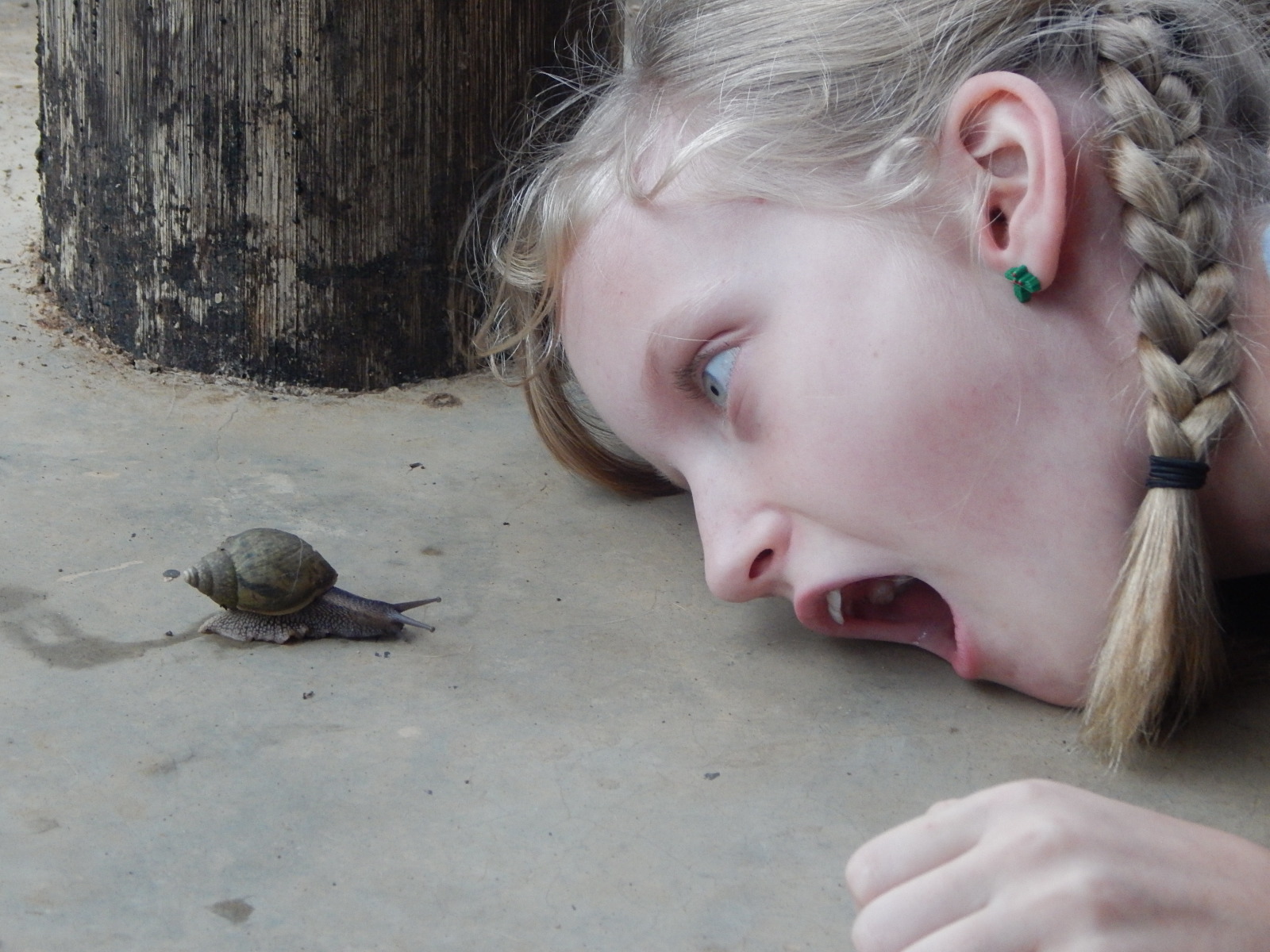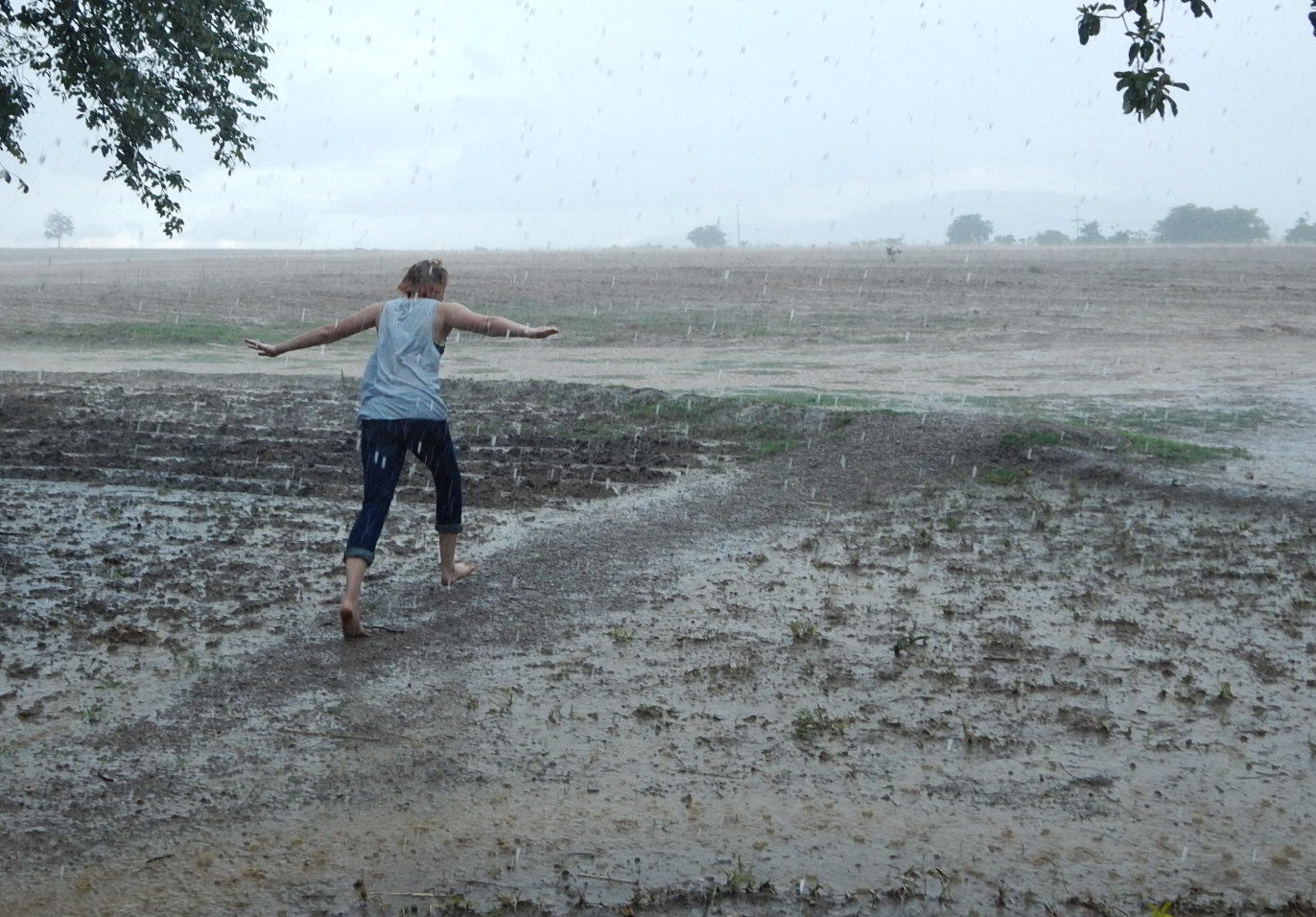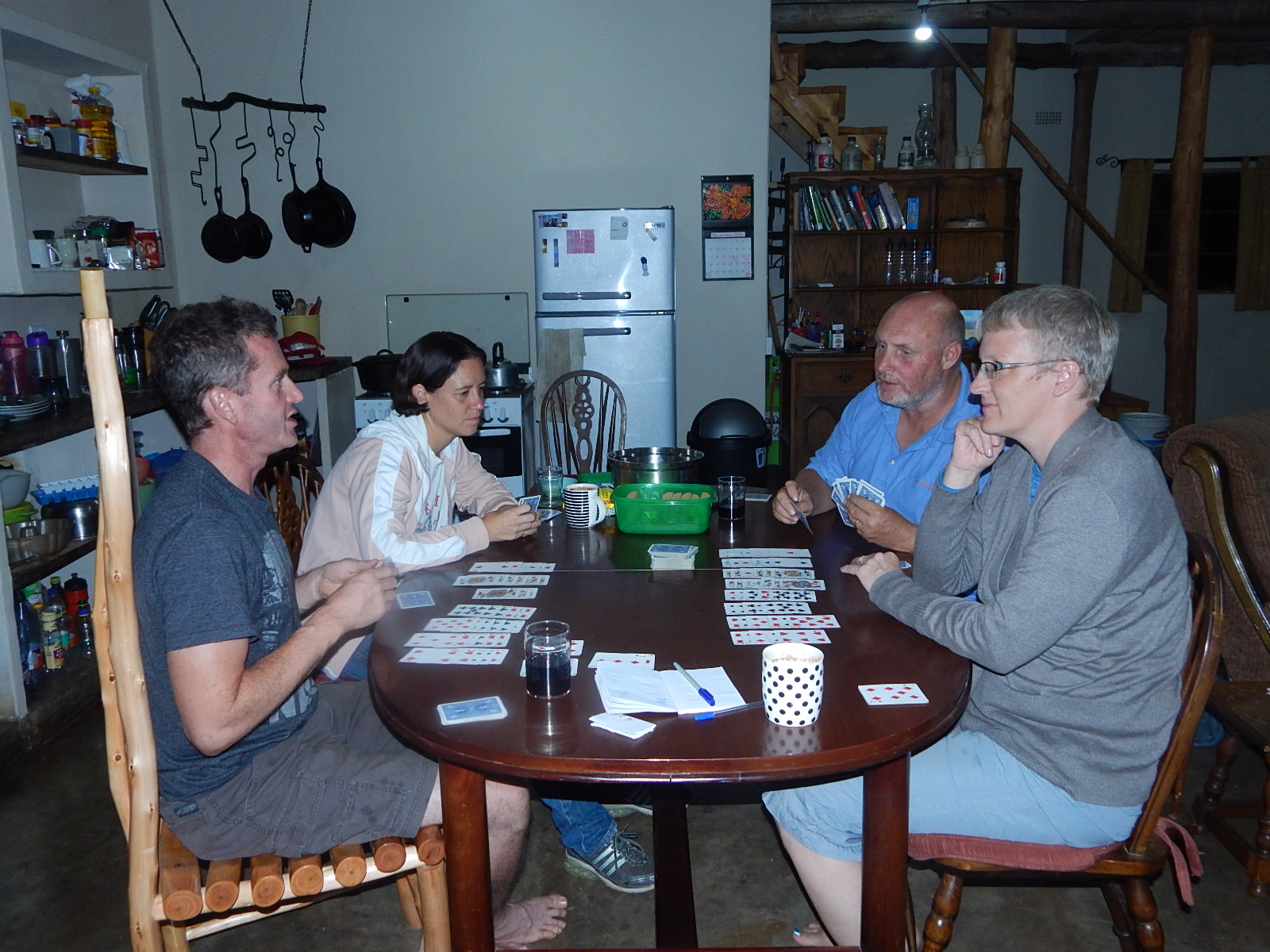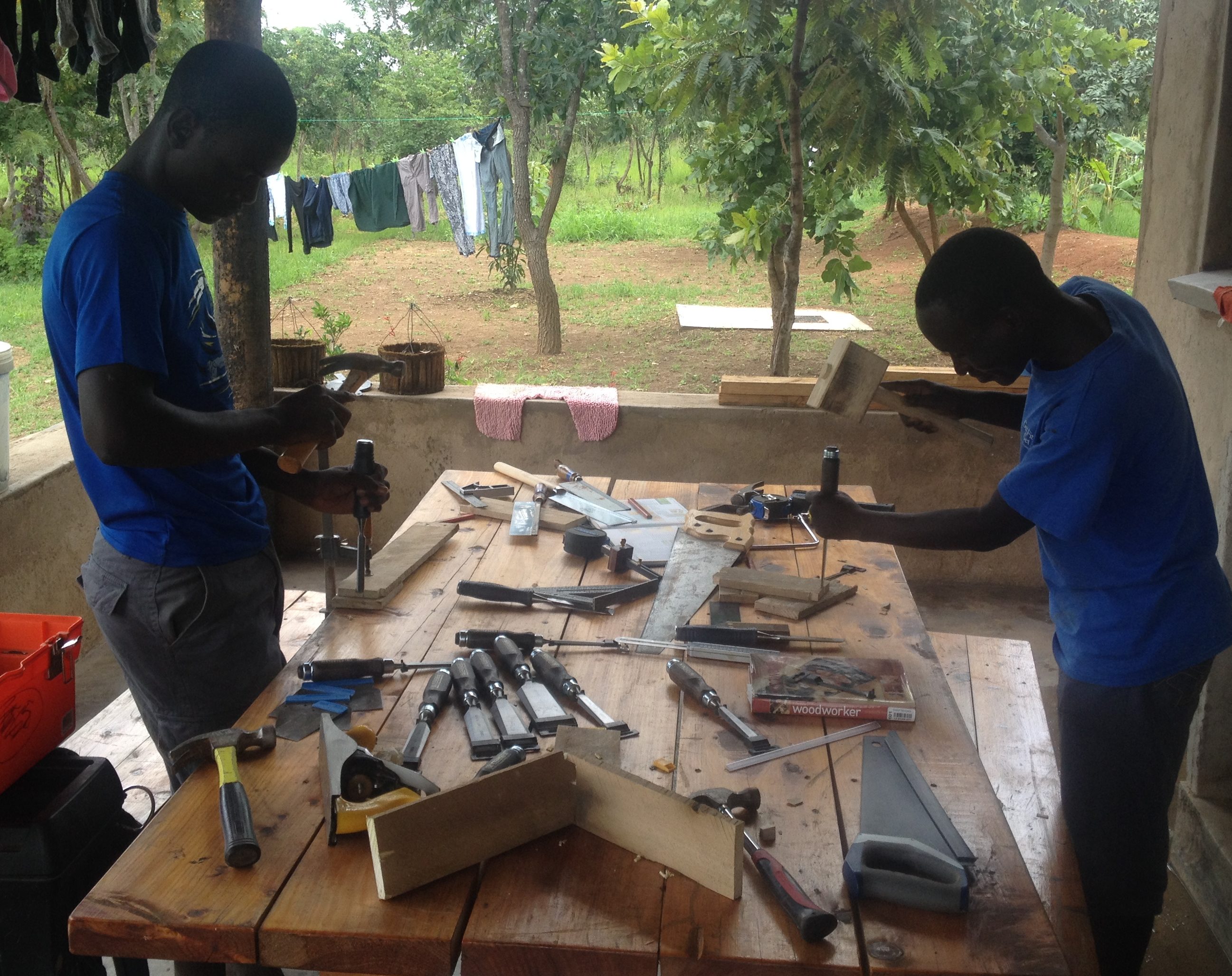
One of the things I love about Africa is that there is so much that can be done to help improve the lives of so many people. I love to work and there is no shortage. Unfortunately, there is a shortage of resources and immigration issues to work through. To me Africa is a land of unlimited potential, and so are its people. It is always surprising to me how innovative and ingenious the people are. They have to be in order to survive. I’ve never seen inner tube rubber used to fix so many things. What Africans need is opportunities to work. Usually that means they need education. Money alone is not the answer. That has been proven over the past few decades. Everyone I talk to just wants a job so that they can look after their families. In order to facilitate real change, real improvement for Africans, we need to commit to educating them in vocational skills. This is why I believe that Buwe will be instrumental in making a difference in Doma and hopefully it will impact people out from there.
Buwe will be a vocational training centre for the older orphans at Eden, and for its employees. People will be taught on the job skills such as brick making, brick laying, foundation forming and pouring, plastering, painting, framing walls, building roofs, thatching, steel roofing installation, plumbing, electrical, gardening and other construction related skills. We will have a workshop where we will teach woodworking, furniture making, welding, sewing and other craft related skills. Business and entrepreneurial skills will also be taught in an effort to prepare our teens for the job market. We have been told by the local government that they will lease us land to set up our workshop and base of operations.
